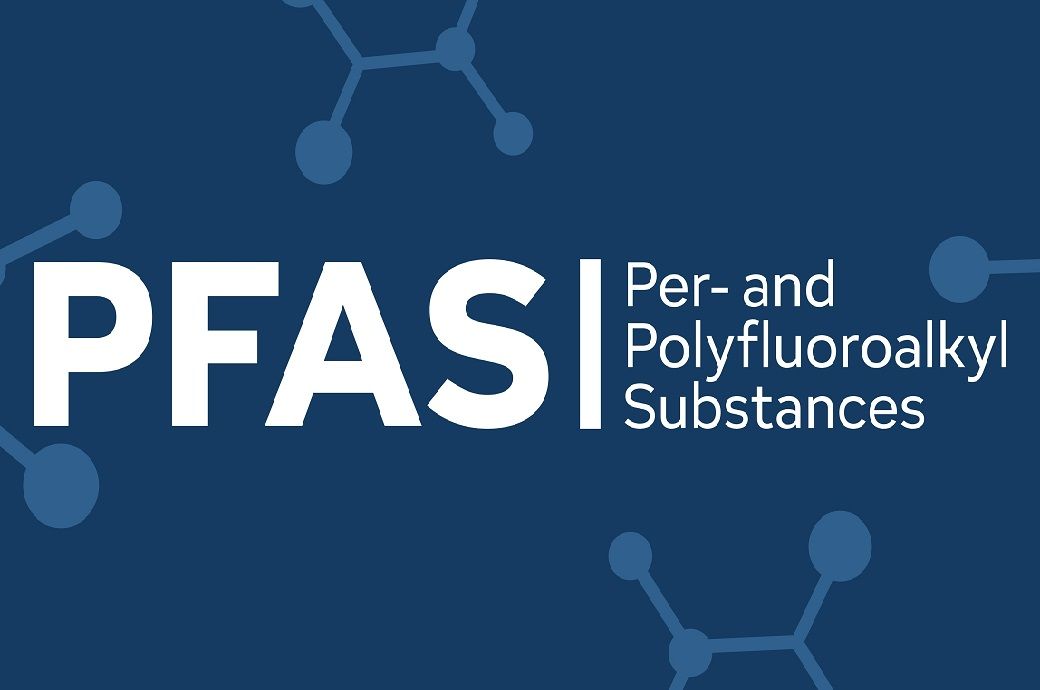
“These programmes and approaches to regulation unnecessarily impede commerce, particularly for small businesses, and therefore, increase the cost of necessities for American consumers,” a letter by AAFA president and chief executive officer Stephen Lamar said.
In regulating PFAS, states have varied in their definition of ‘intentionally added PFAS’ through introducing defined total organic fluorine limits, assuming intentional addition through mere fluorine detection, or underdefined presumptions of intentionality.
PFAS testing, even at the chemical class level with a TOF analysis, is extremely expensive—costing hundreds of dollars per sample.
Further, there is currently no standardised method for TOF analysis. Testing each of the individual 15,000 PFAS chemicals at the analyte level would be astronomically expensive and yield little dividend.
Given the fragmentation of PFAS regulation across States, there are various compliance deadlines with certain states applying timeframes that are impossible to comply with, AAFA noted.
These variously defined PFAS prohibitions introduce uncertainty to chemical management programmes and introduce cost barriers to American businesses.
Additionally, the majority of PFAS bans currently in effect across the country provide no exemptions for recycled materials. AAFA members say it is impossible to remove PFAS contamination from the recycling of legacy products that leveraged PFAS chemistries. Yet many of the PFAS restrictions at the state level provide no or limited exceptions for recycled materials, the trade body said in the letter.
As a result, PFAS regulation will necessarily impede the industry’s efforts in growing textile-to-textile recycling in America. Hence, AAFA called for a federal, science-based approach to the regulation of PFAS in textiles.
In Utah, the Bedding, Upholstered Furniture and Quilted Clothing Inspection Act requires that every manufacturer, supplier, or wholesaler of such stuffed products obtain annually a permit issued by the state that must be purchased before selling merchandise in Utah. That permit number must then be put on the labels of every product.
Although intended to prevent fraud and product misrepresentation regarding product fills, the act is antiquated and provides no discernable value to consumers in Utah, AAFA observed. It imposes needless registration fees on companies attempting to do business in Utah and provokes confusion through frequent updates to required product labels.
Apparel companies also being troubled by unscrupulous elements who take advantage of Proposition 65 in California, also known as the Safe Drinking Water and Toxic Enforcement Act, to drag them to court on frivolous charges, AAFA added.
ALCHEMPro News Desk (DS)
Receive daily prices and market insights straight to your inbox. Subscribe to AlchemPro Weekly!